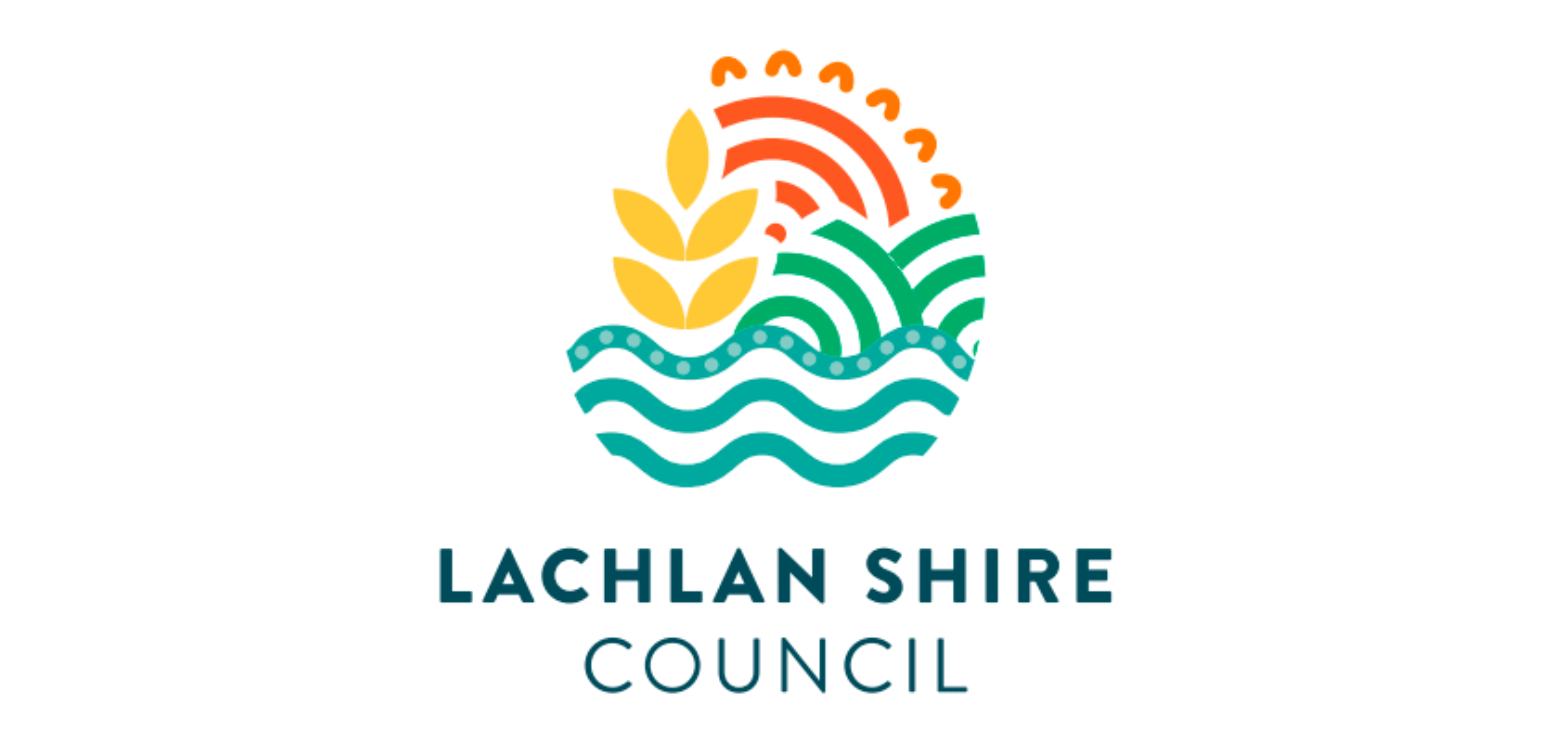LOCAL GOVERNMENT LEADERS CALL FOR BETTER MANAGEMENT
Lachlan Shire Mayor John Medcalf OAM, was among Local Government leaders who met in Sydney from Monday, 28 February to Wednesday, 2 March 2022 at a special conference of Local Government NSW members.
Mayors and Councillors of the Central NSW Joint Organisation were there to come to agreement on how to tackle their growing concerns for the sustainability of Local Government services in the context of the current raft of poor State decision making and programming.
“It is clear when reading the business paper for the Conference that Councils around NSW have significant concerns for the management of the State,” Mr Medcalf explained.
“Everyone can appreciate that the past few years have been challenging, however there is constant theme of “good ideas, poorly executed” that typifies the operation of the State.
“For example, the biodiversity offset scheme is a good idea but the financial penalty is far too high which is really stifling development. The E Portal that sought to enable faster consent times for development applications has slowed them down.
“Amalgamations that have supposed to save Councils and communities millions of dollars have sent a significant number of these new Councils to the wall.
“Fit for purpose processes are a thing of the past. Consultation time frames are too short, poorly informed and poorly designed. A State’s plan making can go from rushed to years in the making. These are for important things like transport and water planning.
“The culture of churn and change, when every change in the Ministry has a change in the bureaucracy which can take up to three years to effect.
“Given how often the Ministries rotate it is easy to see how the bureaucrats lose touch with their core business and are disillusioned.
“Local Government has extremely sound, regulated systems in place to assure their communities of good governance. We must go to the people every term and seek advice on their priority. We must have workforce, asset management and long-term financial plans that reflect the community’s aspirations. We have audit, risk management and assurance frameworks regulated by the State and we have to report to the community on these annually and every term.
“If the State had to work in the same way it insists Council work they would not have ceased corridor planning for regional roads. The people of NSW would know what the infrastructure priority list was for the State and how we planned to pay for it. Imagine if that State Government had to go to the people every term and ask what they want, deliver it and then report against it.
“Instead, every time we turn around there is another announcement that does not pass the commonsense test. Worse, many attack the viability of Councils.
“Infrastructure contributions, Emergency Service Levies and most recent the 0.7 per cent rate rise. On the one hand we are wasting tax-payers money spinning our wheels in State processes and on the other hand we are asked to do more with less.
“For example, supporting the State and Federal Government’s stimulus packages by paying 50 per cent for infrastructure that may not be a community priority. Meanwhile our communities tell us they want better roads. How good would it be if the focus was on roads in the stimulus packages? Or the provision of quality secure water?” Mayor Medcalf concluded.
According to Mayor Medcalf, Council’s around the State are reducing service levels to communities as they try to remain solvent, compliant with State regulation, deliver State imposed programs and meet the needs of their communities. Ultimately it is the people of NSW who suffer as the State wastes their money on poor processes while reducing the services of Council.
Latest News
Liam wins another NRL Premiership
In 2015 Liam Martin was named Dux of West Wyalong [...]
Showing bowling skills at Grenfell
Condobolin Sports Club Bowls Wednesday 16th October, Michael Coe, Nick [...]
Condobolin & Lake Cargelligo power workers rally outside depots
Power workers rallied outside the Essential Energy depot in Condobolin [...]
Rachel and Vashti excel
Rachel Grimmond (Condobolin) and Vashti Williams (Trundle) played in the [...]
Help with DIAP
Help to make Lachlan Shire more accessible and inclusive for [...]
A CHS Graduation celebration
Condobolin High School held their Graduation Celebration for Year 12 [...]










